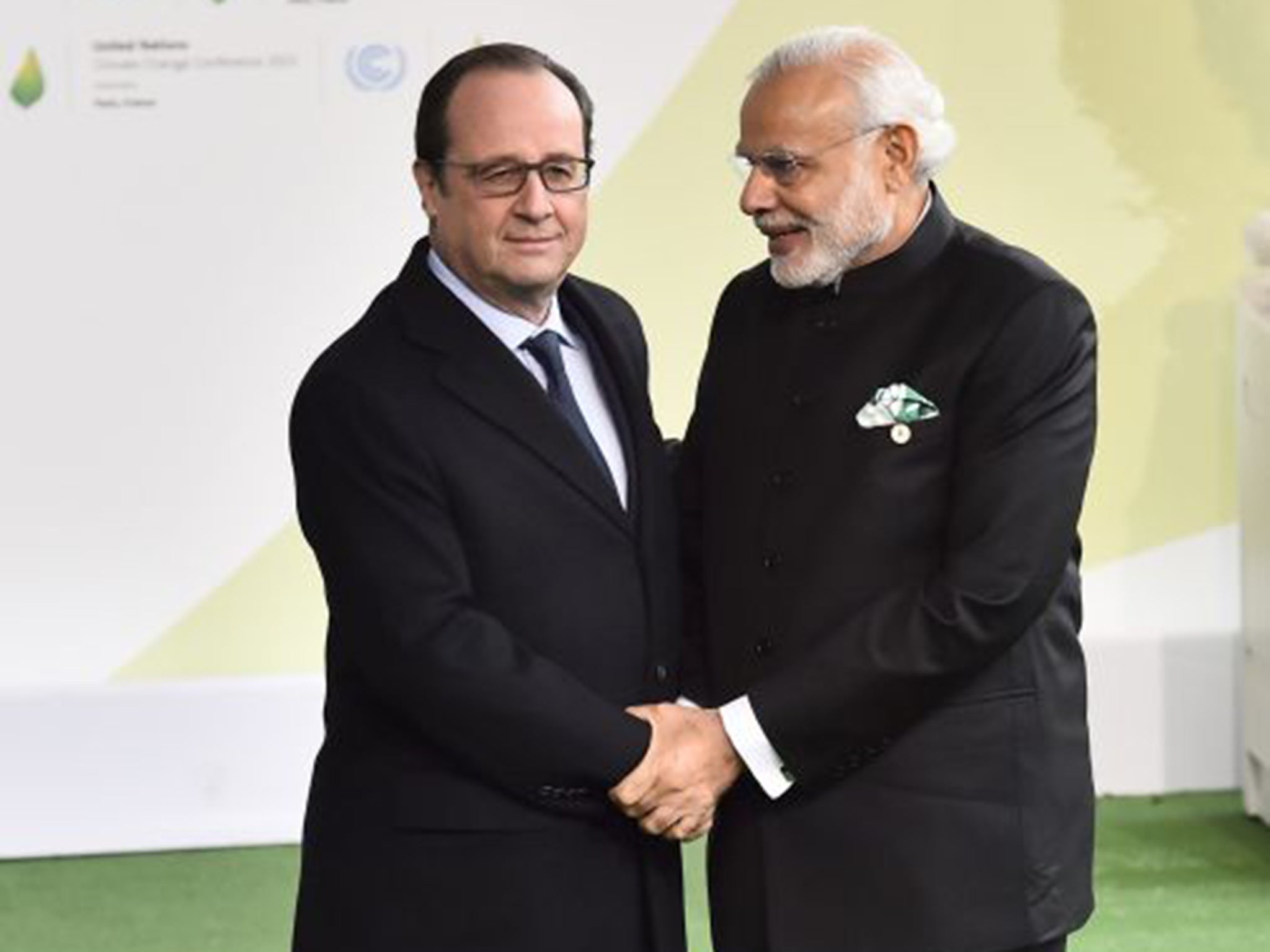COP21: What we've learnt so far – and what still needs resolving
We are now halfway through the two-week summit, which aims to agree a global treaty of action to curb global warming

An unprecedented gathering of top-level politicians took place on Monday as 150 heads of state, including Barack Obama and David Cameron, convened in Paris for the start of a crucial climate conference. We are now halfway through the two-week United Nations summit, which aims to agree a global treaty of decisive action to curb global warming.
What we learnt last week:
• David Cameron cares deeply about future generations. The Prime Minister told the gathering that it couldn’t afford to squander the opportunity to tackle climate change because if it did those present would never be able to face their grandchildren.
• World leaders have pledged to do whatever it takes to limit global warming to 2C, beyond which the consequences become increasingly devastating. But more than 100 of the 192 countries – including France and Germany, but not the UK – at the conference are pushing for a stricter target of 1.5C.
• Saudi Arabia and India are among the most obstructive nations – for example by being set against the 1.5C target. As a big oil-producer and a coal-user, respectively, they would be massively affected by a world with fewer fossil fuels.
• Developing countries are angry with the rich ones. This is because the developed world has become rich on the back of greenhouse-gas producing industrial activity while many developing countries – which are low-lying or in hot regions – are bearing the brunt of the consequences. Yet they have less cash to deal with the problem. A group of developing countries is threatening to scupper any deal if they don’t get adequate financial support from the rich countries.
What needs resolving this week:
• Before the summit, more than 170 countries pledged cuts to their carbon emissions that scientists say would limit global warming to 2.7C. This isn’t enough. So negotiators are attempting to work out a “ratchet mechanism”, under which countries would be required to lower their emissions every few years until they are able to hit the 2C – or possibly 1.5C – target.
• A system will need to be agreed to monitor each country’s carbon emissions to ensure that targets are met.
• The rich countries promised to channel $100bn (£66bn) a year to developing nations by 2020 to help them deal with global warming. But they are still way off that target, and there is no agreement about what happens beyond 2020. These issues will need to be sorted before a deal can be agreed.
• Negotiators are also hoping to agree a longer-term goal. There are several options, but a pledge to stop burning fossil fuels entirely at some point in the second half of the century is among the most likely.
Subscribe to Independent Premium to bookmark this article
Want to bookmark your favourite articles and stories to read or reference later? Start your Independent Premium subscription today.

Join our commenting forum
Join thought-provoking conversations, follow other Independent readers and see their replies